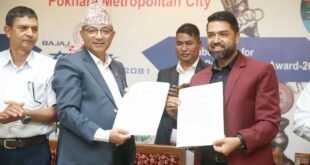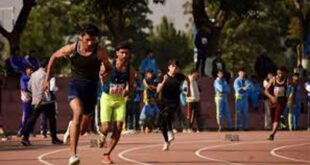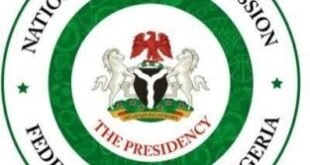The Call for Better Support for Sports Journalists in Nigeria
The Sports Writers Association of Nigeria (SWAN) has raised a compelling call for increased support and recognition for sports journalists within the country. This appeal comes from a growing concern over the lack of institutional backing for those who play a crucial role in the sports ecosystem.
In a statement released by SWAN’s secretary-general, Ikenna Okonkwo, on behalf of the association’s president, Isaiah Benjamin, the organization highlighted its deep-seated worry about the neglect faced by sports journalists. Despite their critical role in the sports industry, these professionals often find themselves without the necessary support and appreciation.
Benjamin emphasized that unlike in other countries, Nigerian sports journalists frequently have to cover events at their own expense. He described this situation as both unfair and unacceptable. These journalists are not only responsible for reporting on sporting events but also for discovering and promoting athletes, coaches, and administrators.
However, many of them bear the financial burden of attending events, both locally and internationally. They face challenging conditions, including harsh weather, high travel and accommodation costs, and various risks, yet receive little or no recognition for their efforts.
One notable example cited by Benjamin was the 2024 CAF Women’s Africa Cup of Nations (WAFCON) in Morocco, where more than 25 Nigerian journalists attended the tournament at their own cost. These journalists not only covered the event but also supported the Super Falcons from the stands, contributing to the team’s morale and visibility.
Benjamin pointed out that many journalists operate under discouraging conditions without any form of support or acknowledgment. While he commended Nigerian leaders, including the president and governors, for recognizing athletes and coaches, he stressed that journalists also deserve appreciation for their role in promoting sports and national development.
According to Benjamin, in other countries, governments and private organizations ensure that the media are well-treated. In contrast, Nigerian sports journalists often find themselves ignored during the planning and execution of sports programs.
He questioned why sports administrators tend to overlook journalists until they need media coverage for personal reasons. Additionally, he criticized the common excuse of “no funds” when it comes to including journalists in significant sporting activities, despite the availability of resources for officials’ comfort.
Benjamin concluded his statement by urging the National Sports Commission (NSC), the Nigeria Football Federation (NFF), and other sports organizations to include journalists in their plans and provide proper support. He argued that journalists are essential partners in the development of sports and should be treated as such.
This call for better treatment and support underscores the vital role that sports journalists play in the sports industry. Their contributions go beyond mere reporting; they help shape public perception, promote athletes, and contribute to the overall growth of sports in Nigeria. It is time for the sports community to recognize and value their efforts appropriately.
 Info Malang Raya Its All About World News
Info Malang Raya Its All About World News



